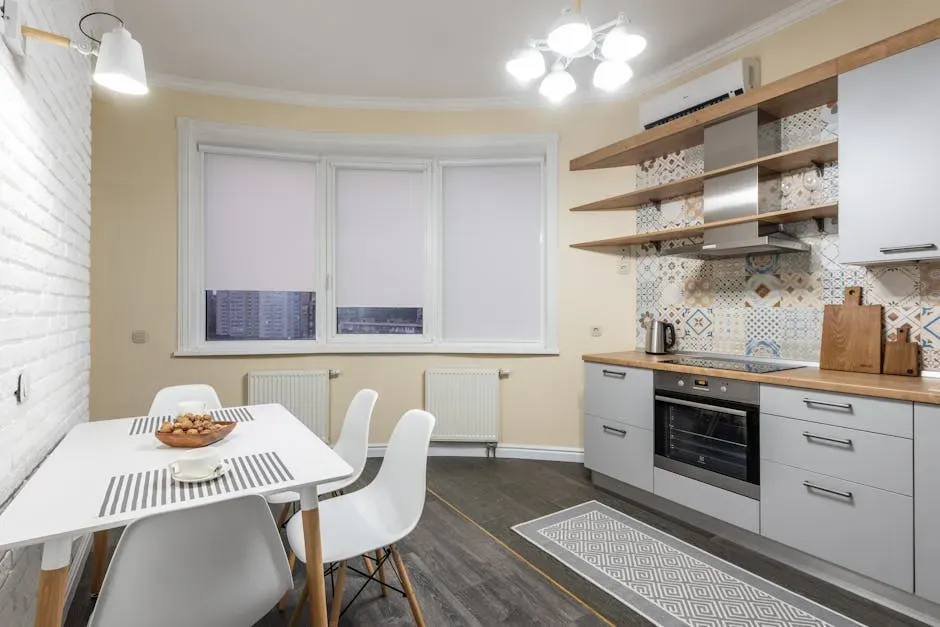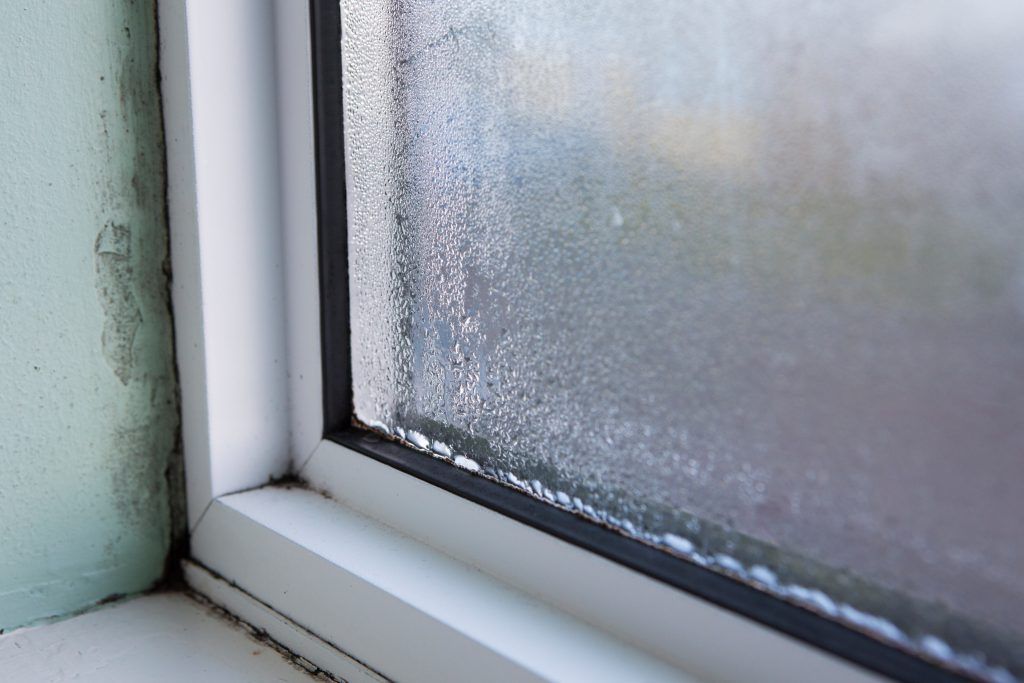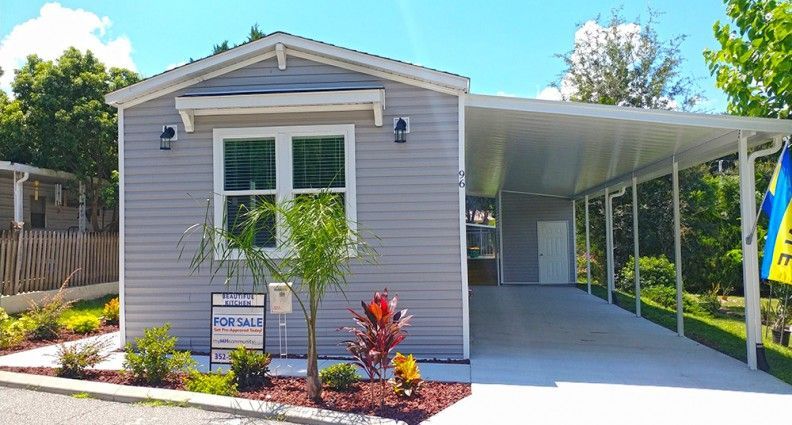How Insulated Windows Can Transform Your Home’s Energy Efficiency
Understanding the importance of insulated windows
Insulated windows can significantly improve your home's energy efficiency by preventing heat loss in winter and keeping your home cool in summer. They help reduce your energy bills and create a more comfortable living environment by minimizing drafts and maintaining a consistent indoor temperature. Insulated windows also offer better sound insulation, reducing noise from outside. Properly installed insulated windows can enhance the overall value of your home while providing long-term cost savings on energy expenses.

How insulated windows can reduce energy consumption
Insulated windows are designed to keep your home at a comfortable temperature, allowing you to use less energy for heating and cooling. By reducing the amount of heat that escapes in the winter and enters in the summer, insulated windows can help lower your energy consumption. This can lead to savings on your energy bills while also decreasing your home's carbon footprint.
Types of insulated windows available
Insulated windows come in different types to suit various needs. Here are the common options you can consider for your home:
- Double-pane windows: Consist of two layers of glass with a space in between filled with insulating gas.
- Triple-pane windows: Have three layers of glass with two insulating spaces, providing enhanced insulation.
- Low-E windows: Coated with a low-emissivity film to reduce heat transfer and UV exposure.
- Gas-filled windows: Filled with argon or krypton gas for better insulation properties.
- Energy-efficient window frames: Made of materials like vinyl, fiberglass, or composite for improved energy efficiency.
Choose the type that best fits your home's requirements to enhance its energy efficiency.
Comparing costs of standard vs. insulated windows
Standard windows are generally less expensive upfront than insulated windows. While the initial cost of standard windows may be lower, insulated windows can lead to long-term savings on energy bills. Insulated windows provide better insulation, reducing heat transfer and helping to maintain a consistent temperature in your home. Over time, the energy savings from insulated windows can offset their higher initial cost.
Installation process of insulated windows
Installing insulated windows involves several steps to ensure proper fit and maximum energy efficiency. Here's an overview of the installation process:
- Measurement:
The first step is to measure the dimensions of the windows accurately to ensure the new insulated windows will fit perfectly. - Removal:
Next, the old windows need to be carefully removed without causing any damage to the surrounding wall or frame. - Preparation:
The window frame is inspected and prepared for the new installation, including ensuring it is clean, level, and free of any debris. - Installation:
The insulated windows are installed by fitting them into the frame and securing them in place using screws or other appropriate methods. - Sealing:
To prevent air leaks and maximize energy efficiency, the windows are sealed around the edges using weather-stripping or sealant. - Finishing:
Finally, any necessary finishing touches are made to ensure the windows look great and function properly. - By following these steps carefully, you can transform your home's energy efficiency with the installation of insulated windows.
Benefits of energy-efficient homes
Energy-efficient homes provide various benefits that can positively impact your living environment and finances. Here's why they are advantageous:
- Lower Energy Bills: By reducing the amount of energy needed to heat or cool your home, energy-efficient homes can lead to significant savings on your utility bills.
- Improved Comfort: Insulated windows help maintain a consistent temperature inside your home, keeping it cooler in the summer and warmer in the winter.
- Environmental Impact: Energy-efficient homes contribute to reducing greenhouse gas emissions and environmental footprint by consuming less energy.
- Enhanced Property Value: Investing in energy-efficient upgrades, such as insulated windows, can increase the overall value of your home, making it more attractive to potential buyers.
Improving indoor comfort with insulated windows
Insulated windows can keep your home at a more comfortable temperature all year round. They help to reduce drafts and prevent heat from escaping in the winter and keep your home cooler in the summer. With insulated windows, you can say goodbye to cold spots near windows and enjoy a more consistent indoor temperature.
Maintenance tips for insulated windows
Regular maintenance helps to ensure that your insulated windows continue to work efficiently. Here are some tips to help you keep your insulated windows in good shape:
- Regularly clean your windows with a mild detergent and water to prevent dirt buildup that can affect their performance.
- Inspect the seals around your windows for any signs of wear or damage. Replace any damaged seals to prevent air leaks.
- Check for condensation between the glass panes, as this may indicate a breach in the window's seal.
- Keep the tracks clean and free of debris to ensure smooth operation when opening and closing your windows.
- Consider professional maintenance if you notice any issues beyond your expertise to keep your insulated windows in top condition.
Enhancing home value with insulated windows
Insulated windows can significantly increase your home's value by improving energy efficiency and reducing utility costs. According to the Department of Energy, insulated windows can help reduce heat transfer by up to 45%. This means that your home will stay cooler in the summer and warmer in the winter, leading to lower energy bills. Additionally, insulated windows can enhance the overall appearance of your home, making it more appealing to potential buyers in the future.
Conclusion and final thoughts on insulated windows
When it comes to improving your home's energy efficiency, insulated windows are a practical investment. They help regulate the temperature indoors, reducing the need for constant heating or cooling. Additionally, insulated windows can lower your energy bills over time by ensuring that your home retains heat in the winter and stays cool in the summer. They also provide an added layer of sound insulation, reducing outside noise pollution. Overall, installing insulated windows is a smart choice for enhancing comfort, saving money on energy costs, and creating a quieter living environment.













